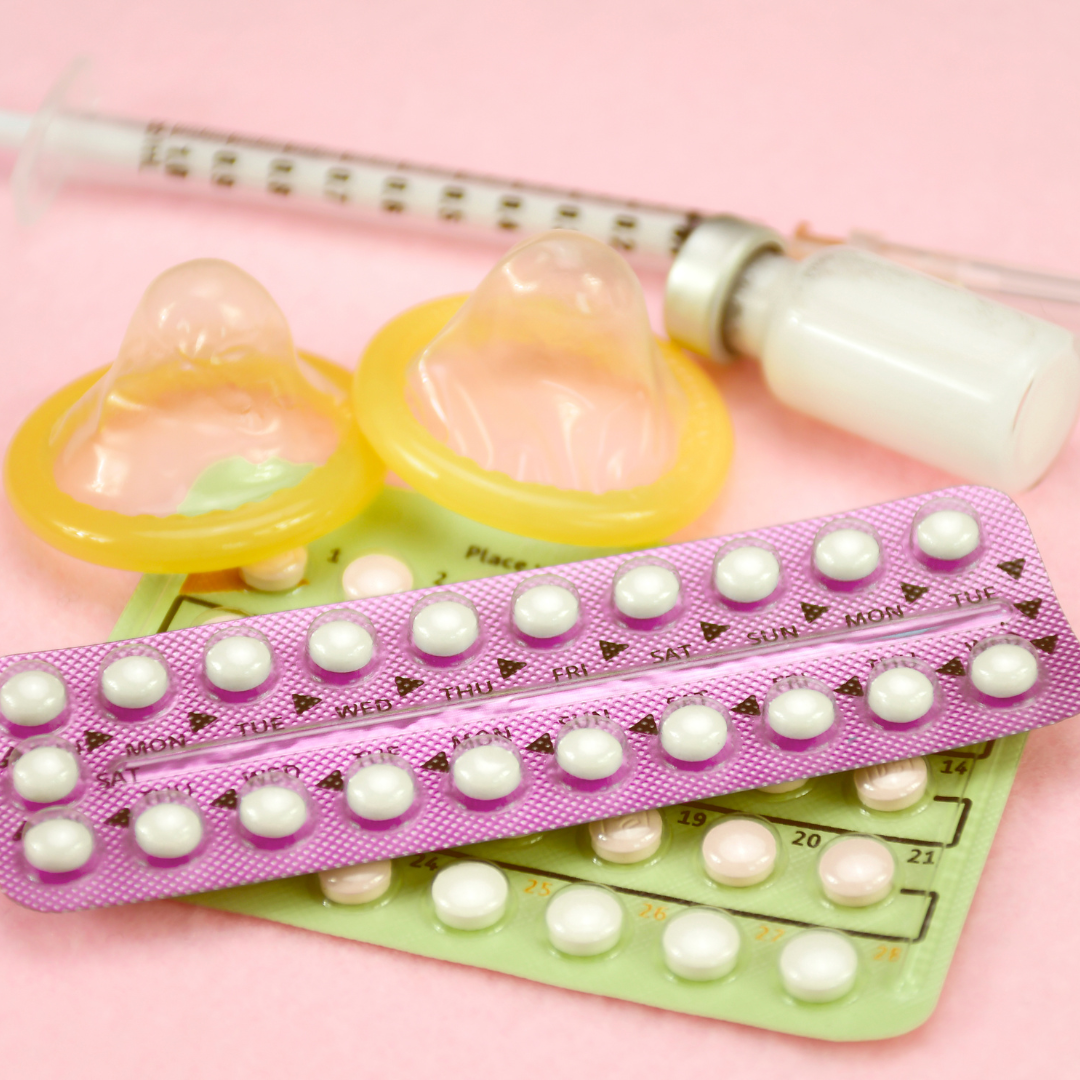When you decide to get birth control, you usually choose the method based on your personal preference: perhaps you want a hormonal option or one without hormones; maybe you want something simple, such as a condom-only method, or something more high-tech, like a Nexplanon or IUD. Or, if you’re concerned, a reversible form of birth control. But how well do these methods work, and what happens if you become pregnant anyway?
It’s one of the many questions people ask when thinking about getting pregnant. Believe it or not, the answer is yes; some women can actually get pregnant while using birth control.
Taking birth control is not a guarantee that you can’t get pregnant, but it does reduce the risk of pregnancy. Women who use birth control are 80% less likely to get pregnant than women who don’t.
An unplanned pregnancy, which can be detected through an ultrasound (you can schedule a free pregnancy scan with Your Loving Choices- ultrasound services provider via their website) can be scary. You may be suddenly hit by the news, which might lead to the fear of pregnancy. However, it is not unjust if, in general, someone is scared of being pregnant. The fear that condoms, birth control pills, and other contraceptive methods can lead to unwanted pregnancy is very real.
Contraceptives have been around for decades and are one of the cornerstones when it comes to family planning. Contraceptives do not stop pregnancy from happening, but they do prevent it. There are oral contraceptives, intrauterine devices (IUDs), hormonal implants, and sterilization today.
There are two main types of birth control, hormonal and non-hormonal. Birth control pills, patches, and rings made of progestin are hormonal; however, you may also have hormonal injections, such as Depo-Provera or Vasectomies. Non-hormonal methods include condoms, intrauterine devices, pills, and other spermicides. The pill is the most popular form of birth control. If you’ve experienced adverse effects from hormonal injections like Depo-Provera, you may want to explore filing a Depo Provera claim to seek compensation for potential damages.
According to Planned Parenthood, “There are many birth control methods that can prevent pregnancy, including condoms, hormonal intrauterine devices (IUDs), emergency contraception (also known as the morning-after pills), and implants.” However, it’s important that you do those pregnancy tests, no matter what birth control method you are using, because if you wait longer than 2-3 weeks after your last pill, you may miss your window.
You can certainly get pregnant even after using birth control pills. Birth control pills can help prevent pregnancy by regulating the hormones in your body, which stops it from ovulating, however, the success rate is not a hundred percent. In case you end up getting pregnant, even when you didn’t want to, it is best to talk to a non-judgemental professional who can give you the right advice, instead of taking a hasty decision of aborting. Consider your unplanned pregnancy options with patience and take the most viable decision.
Apparently, not every woman will respond the same way to birth control as they do to other forms of contraception. Some women experience breakthrough bleeding, where menstrual-like cramping occurs despite taking birth control pills. This can happen if your body has adjusted to birth control, which could happen if you were taking the pill consistently.
The birth control pill is a woman’s best friend, but it can also be her worst enemy. Many women assume the pill is a surefire way to prevent pregnancy and that if you are on the pill, then this also means that you cannot be pregnant. This is not always the case, however. Many women find themselves pregnant while on the birth control pill, and this can sometimes lead to a very confusing situation.
It takes an average of three months for a woman’s body to clear toxins after unprotected sex. If a woman is pregnant, it’s best to use condoms during sex to ensure both she and her baby are in good health. However, even if she’s using birth control, she may still be at risk of a pregnancy, which is why it’s important to take a pregnancy test 2-3 weeks after unprotected sex.
Getting pregnant is a joyful and exciting time, when you may be imagining how life will be when the baby arrives, learning about baby gear, and determining what changes you may need to make at home to make your newborn comfortable. However, it is also a very stressful time for some. When you’re trying to conceive, it can feel like you’re on an emotional roller coaster. One way to better understand your body’s timing and increase your chances of conception is by using an ovulation test to track your most fertile days more accurately. These tests help detect the hormonal changes that signal ovulation, so you can plan intercourse at the time you’re most likely to get pregnant. This extra insight can reduce some of the stress and confusion, especially if your cycles are irregular or hard to predict.
Now, for those who are struggling to conceive despite their best efforts, one alternative is exploring fertility treatments that can offer new hope and pathways to parenthood. Another meaningful option is adoption, which not only provides a child with a loving home but also allows hopeful parents to experience the joys of raising a family. In this journey, a Texas Adoption Center (or elsewhere) can offer guidance, emotional support, and step-by-step assistance throughout the entire process. Each of these paths shows that there are many ways to build a family filled with love and fulfillment.
And if you’re trying to conceive and still using birth control, the last thing you want to hear is that you’re making it harder for yourself to conceive. Unfortunately, this is the unfortunate reality. Some forms of birth control can cause the body to become less sensitive to ovulation, thus making it harder for an egg to be ovulated and fertilized.




